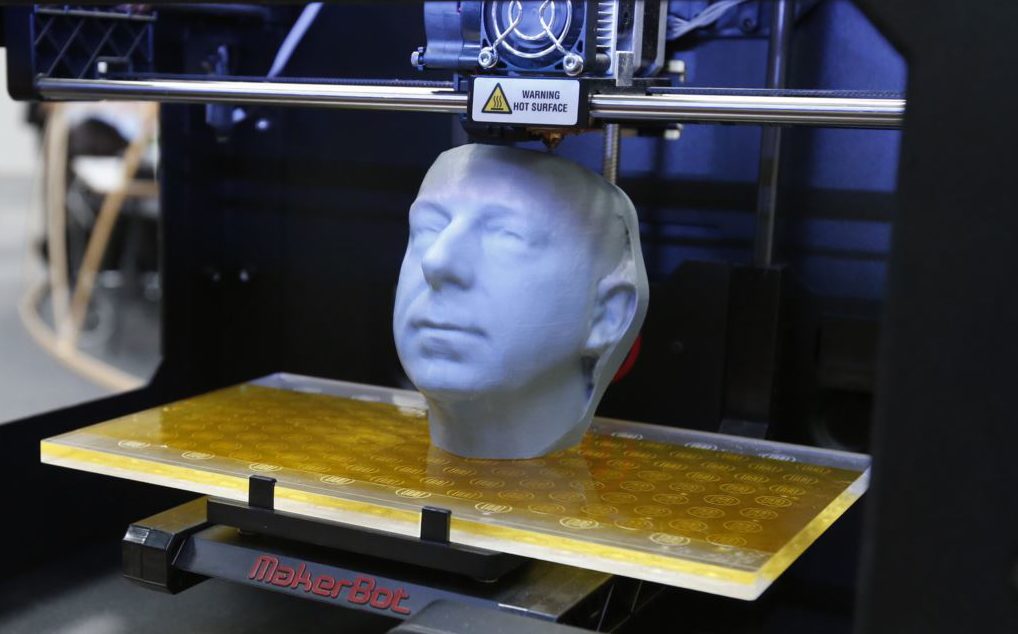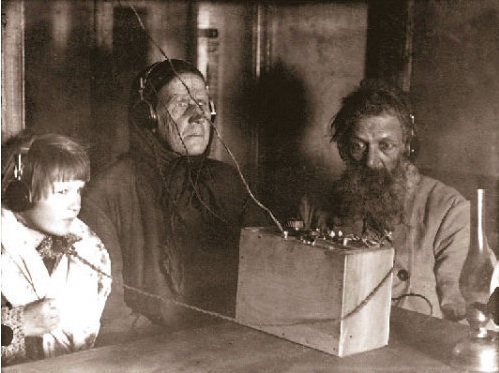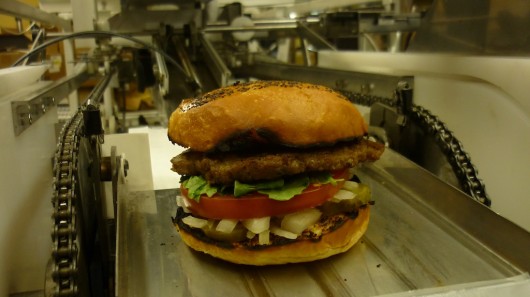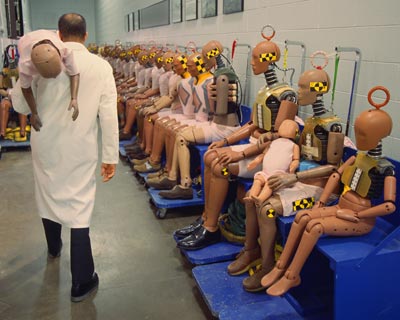If and when 3D printers become excellent and cheap and ubiquitous–3D printers printing out more 3D printers-it will be fascinating to see the effect that tool has on manufacturing. Will small start-up car companies become a possibility? Will brands be besieged? Will large corporations be usurped?
It’s worth remembering the rise of the personal computer did not lead to everyone writing their own software. Individuals still deferred to experts. It just made room for new companies to elbow aside yesterday’s giants. 3D printers could operate along the same lines, but my guess is they’ll have a more destabilizing effect. Maybe not for companies that traffic primarily in information but for those that deal in physical products.
In a Singularity Hub article by Jason Dorrier, Deloitte’s John Hagel looks at a couple of possible business scenarios of tomorrow. He believes companies will have to pivot quickly when threatened and individual workers will soon have “freedom and flexibility,” which sound (unintentionally) like Gig Economy euphemisms. An excerpt:
Speaking at Singularity University’s Exponential Manufacturing conference in Boston, Hagel outlined a powerful, decades-long economic trend his group calls the “big shift.”
Hagel believes understanding the big shift is key to navigating an increasingly uncertain economy driven by digital technology, liberalization, and globalization. The question is less about whether the big shift is on and more about where it’s taking us. And according to Hagel, two competing visions vie for our economic future.
“There’s one side of the debate which argues that the impact of all this digital technology is to fragment everything,” Hagel says. “We’re all going to become free agents—independent contractors will loosely affiliate when we need to around specific projects. But basically, companies are dinosaurs. We’re going to fragment down to the individual. The gig economy to the max. That’s one side.”
Another view, Hagel says, suggests we’re moving toward a winner-take-all economy in which network effects enable a few organizations—the Googles or Facebooks of the world—to capture most of the wealth while everyone else is marginalized.
“You couldn’t have two more extreme positions,” Hagel said. “Which one is right?”•





